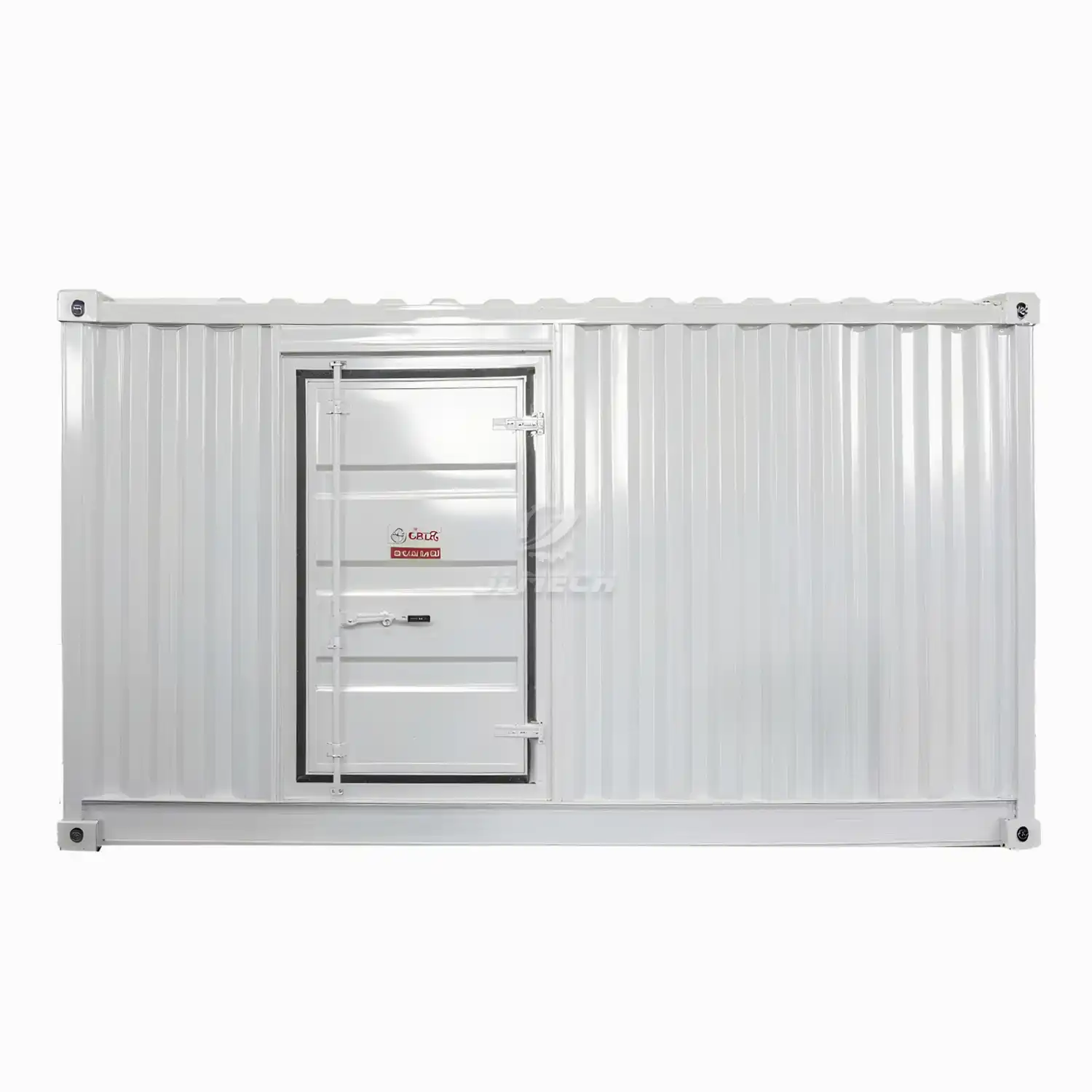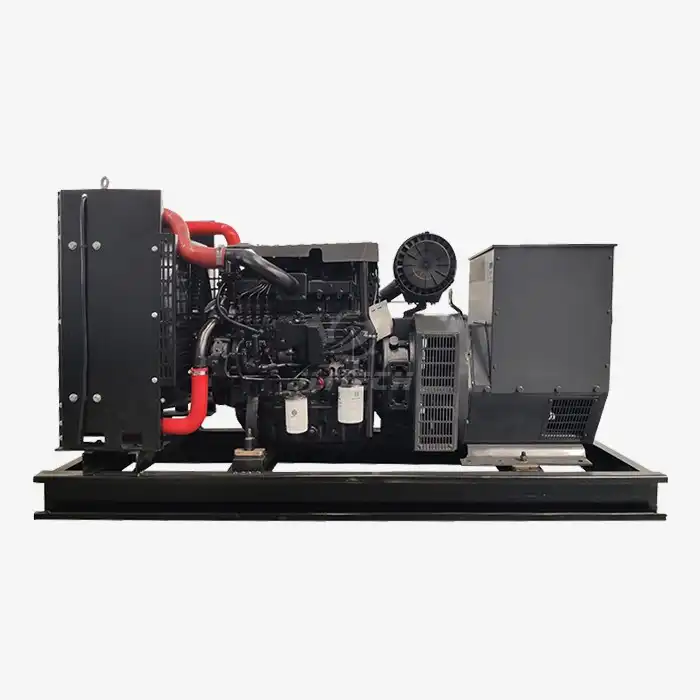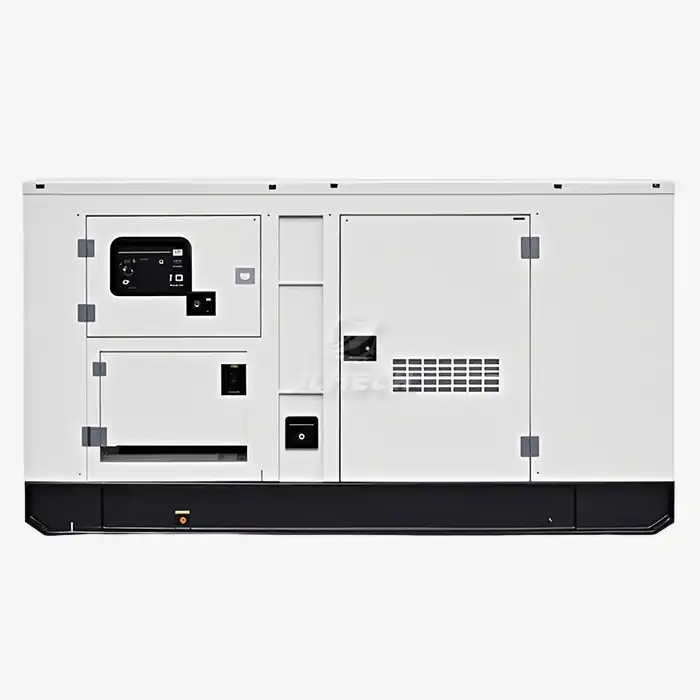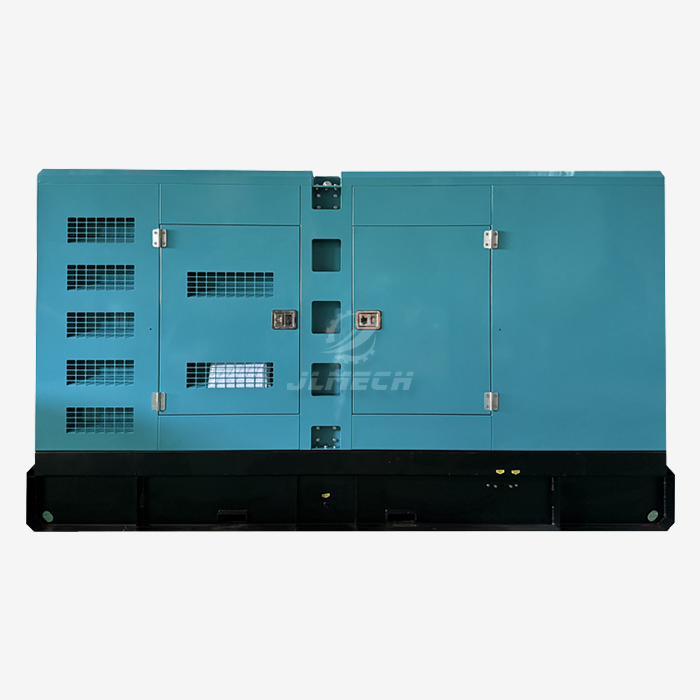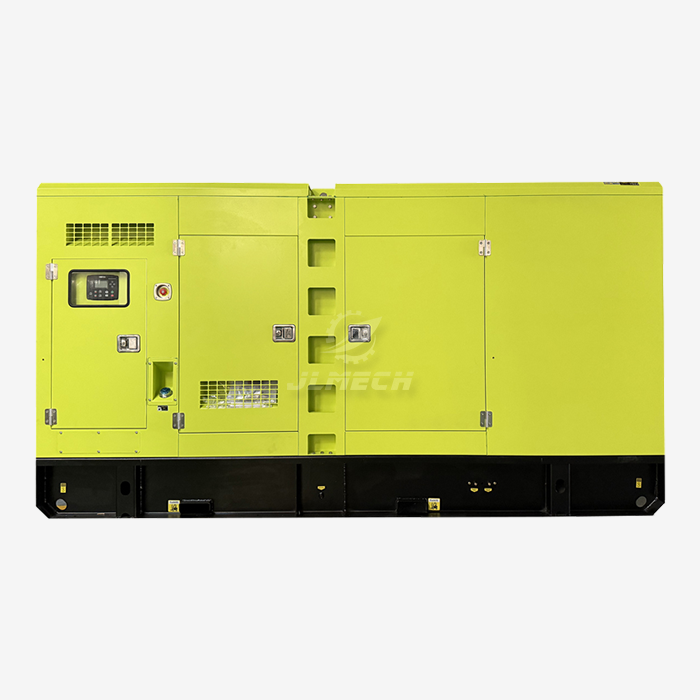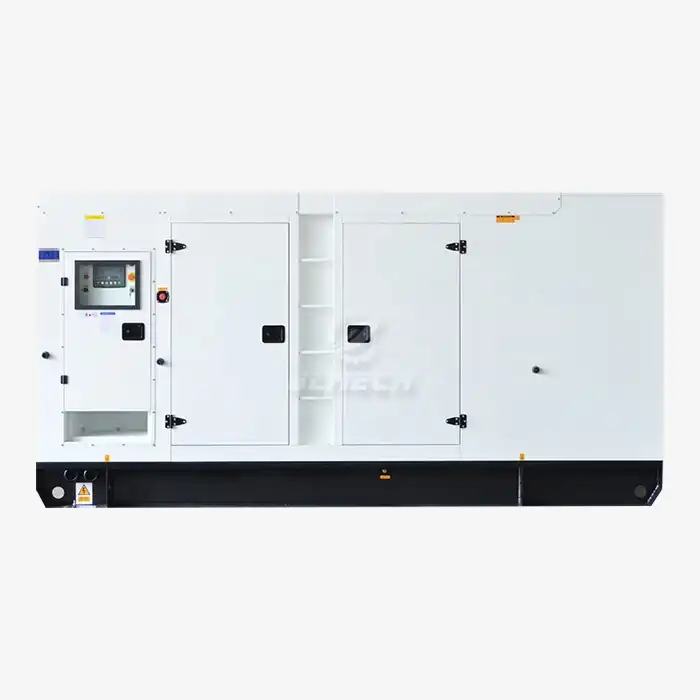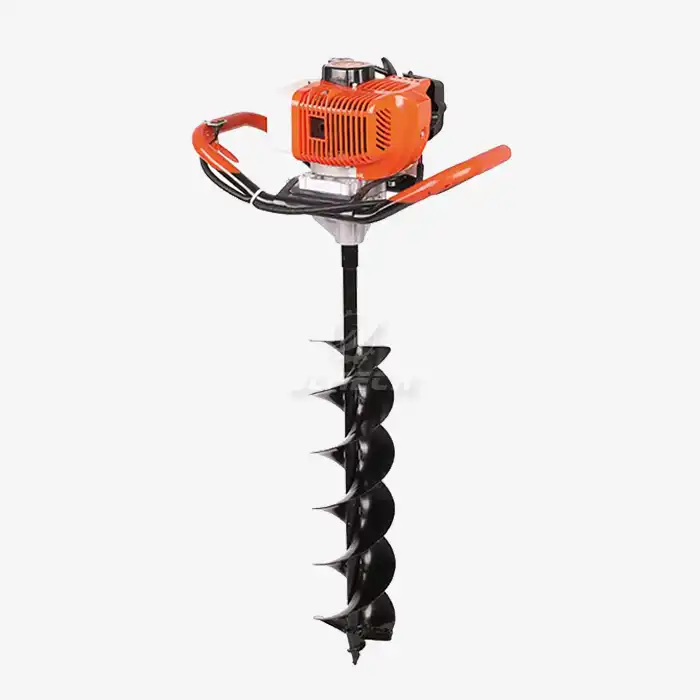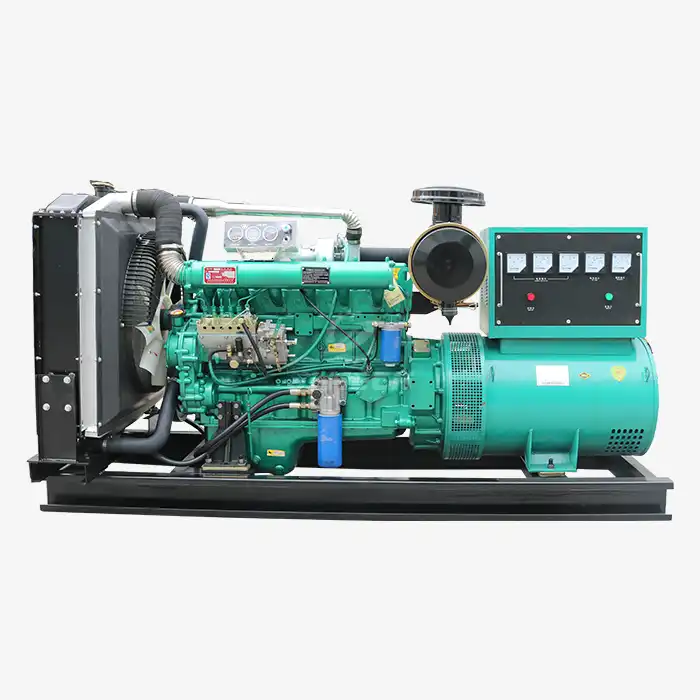What is the common problem of a diesel generator use?
Diesel generator use is critical for backup power, prime power in remote locations, and supporting essential operations. However, like any complex machinery, users frequently encounter challenges that can disrupt operations and lead to costly downtime. Understanding these common problems – such as failure to start, unstable operation, unexpected shutdowns, fluid leaks, overheating, and issues stemming from inadequate maintenance – is the first step towards reliable performance. This article will delve into these key areas, providing clear explanations of causes and actionable solutions to keep your generator running smoothly.
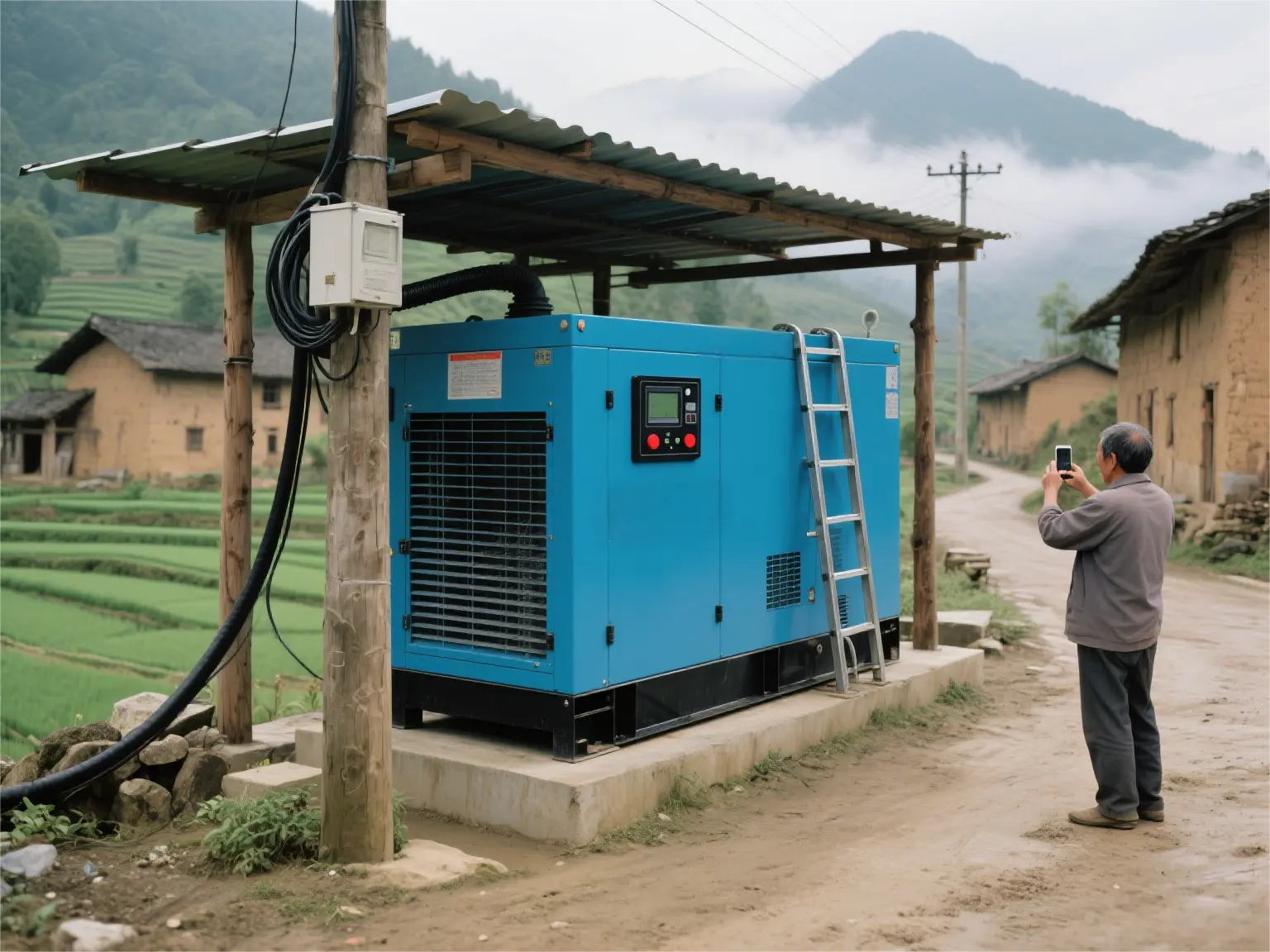
Generator Fails to Start
A non-starting generator is perhaps the most immediate and frustrating problem. The causes are often electrical or fuel-related
Battery Issues: Dead, weak, or corroded batteries are the prime suspect. Check battery voltage (should be ~12.6V for a 12V system when rested). Clean terminals and connections. Load test the battery to confirm health; replace if weak. Ensure the charger is functioning correctly.
Fuel System Problems
Empty Tank: Always verify fuel level first.
Fuel Contamination: Water or microbial growth (diesel bug) in the fuel blocks flow and damages components. Drain water separators regularly, use biocides, and ensure fuel quality/storage.
Air in Fuel System: Air pockets prevent fuel delivery. Bleed the system according to the manufacturer's procedure, checking all connections from the tank to the injection pump for leaks.
Clogged Filters: Restricted fuel flow starves the engine. Replace primary and secondary fuel filters at recommended intervals or sooner if contamination is suspected.
Faulty Fuel Lift Pump/Transfer Pump: This pump moves fuel from the tank. Test its pressure/output.
Starter Motor/Solenoid Failure: Listen for clicking (solenoid engaging but motor not turning) or silence. Check wiring, connections, and solenoid operation. The starter motor itself may need repair or replacement.
Control System Faults: Blown fuses, tripped circuit breakers, faulty safety switches (e.g., low oil pressure, high coolant temp during start attempt), or issues within the Auto Mains Failure (AMF) panel can prevent cranking. Consult error codes and wiring diagrams.
Glow Plug Issues (Cold Starts): In colder climates, malfunctioning glow plugs prevent sufficient heat for ignition. Test glow plug resistance and controller operation.
Unstable Operation: Vibrations, Abnormal Smoke, Sudden Shutdown
Once running, instability indicates deeper issues.
Abnormal Exhaust Smoke
Black Smoke: Indicates incomplete combustion due to excessive fuel or insufficient air. Causes: clogged air filter, faulty turbocharger (if equipped), incorrect injection timing, overload, or injector problems (dripping, poor spray pattern).
White Smoke: Often signifies unburned fuel due to low compression (worn rings, cylinder/valve damage), incorrect injection timing (too late), or coolant entering the combustion chamber (cracked head/block, faulty head gasket - serious issue).
Blue Smoke: Burning engine oil entering the combustion chamber. Causes: worn piston rings/cylinder liners, worn valve stem seals, or turbocharger seal failure.
Excessive Vibration: Can result from misfiring cylinders (fuel, compression, or injector issues), mechanical imbalance (damaged flywheel, coupling, driven equipment), loose engine mounts, or severe internal engine damage (e.g., bent connecting rod). Requires careful diagnosis.
Sudden Shutdown: Often triggered by safety shutdown systems
Low Oil Pressure: Check oil level immediately. If level is OK, potential causes: faulty pressure sensor, clogged oil pickup screen, worn oil pump, or severe internal bearing wear.
High Coolant Temperature: See section below. Causes shutdown to prevent catastrophic engine damage.
Overload: Generator exceeds its rated capacity. Reduce load immediately. Check for short circuits or malfunctioning equipment on the load.
Fuel Starvation: Running out of fuel, severe filter blockage, or major air ingress.
Control System Failure: Loss of control voltage or critical component failure within the control panel.
Fluid Leaks: Oil, Diesel, Coolant
Leaks are common and range from minor nuisances to major hazards:
Oil Leaks: Check common points: valve cover gasket, oil pan gasket, front and rear crankshaft seals, oil filter seal, turbocharger oil lines. Identify source, clean area, and repair/replace gasket/seal. Monitor oil levels closely until fixed.
Diesel Leaks: Highly flammable and an environmental hazard. Check fuel lines, connections, fuel filter housings, fuel pump seals, and injector leak-off lines. Tighten connections or replace damaged lines/seals immediately. Clean spilled fuel thoroughly.
Coolant Leaks: Can lead to overheating. Check radiator, hoses, hose clamps, water pump seal, thermostat housing, heater core connections, and core plugs. Pressure testing the system helps locate small leaks. Repair promptly to prevent loss of coolant and corrosion.
Consequences: Beyond fluid loss, leaks pose fire risks (diesel, oil near hot surfaces), environmental contamination, slippery surfaces (safety hazard), and attract dirt leading to component wear.
Engine Overheating (High Coolant Temperature)
Diesel generator use of Overheating is a critical alarm demanding immediate attention to prevent engine seizure:
Insufficient Coolant Level: The most basic check. Top up with the correct coolant mixture (distilled water + antifreeze concentrate). Investigate why level was low (leak?).
Cooling System Blockages:
External: Dirt, debris, or bent fins obstructing airflow through the radiator. Clean radiator fins carefully.
Internal: Scale, rust, or sludge buildup inside radiator, engine water jackets, or oil cooler. Requires system flushing or chemical cleaning.
Faulty Thermostat: A stuck-closed thermostat prevents coolant flow to the radiator. Test or replace.
Water Pump Failure: Impeller damage or seal failure reduces coolant circulation. Check for leaks at the pump weep hole and listen for bearing noise. Replace if faulty.
Fan/Drive Belt Issues: Broken, slipping, or incorrect fan belt prevents radiator fan operation. Check belt tension, condition, and alignment. Ensure viscous fan clutch (if equipped) is engaging correctly.
Overloading: Operating consistently above rated power generates excessive heat. Reduce load.
Cooling Fan Malfunction (Electric): Check fuses, relays, wiring, temperature sensors, and the fan motor itself.
Incorrect Coolant Mixture: Pure water boils too easily and promotes corrosion; pure antifreeze reduces heat transfer efficiency. Maintain recommended concentration (usually 50/50).
The Root Cause Often Neglected: Lack of Basic Maintenance
It's crucial to recognize that a significant portion of problems attributed to diesel generator use are not inherent machine faults, but direct consequences of inadequate or improper maintenance. Skipping routine service is a false economy:
Scheduled Service Intervals Ignored: Manufacturer-specified oil/filter changes, coolant flushes, fuel filter replacements, and air filter cleaning/changes are non-negotiable for longevity. Contaminated oil loses lubricity; dirty filters restrict flow.
Inadequate Fuel Management: Storing diesel fuel long-term without stabilizers and biocides invites water condensation and microbial growth ("diesel bug"), leading to clogged filters and injector damage.
Ignoring Minor Leaks: Small leaks become big problems. They cause fluid loss, create hazards, and indicate wear that will worsen.
Skipping Load Bank Testing: Generators need periodic exercise under significant load (ideally via load bank testing) to burn off moisture, carbon deposits ("wet stacking" in underloaded units), and verify full output capability. Running only on no-load or light load is harmful.
Poor Record Keeping: Lack of maintenance logs makes it impossible to track service history, predict issues, or diagnose recurring problems effectively. Proactive maintenance is preventative, significantly reducing unplanned downtime and costly repairs. Investing in a robust maintenance program is essential for reliable diesel generator use.
Conclusion: Ensuring Reliable Power Through Knowledge and Partnership
Diesel generator use inevitably involves encountering challenges like startup failures, unstable operation, leaks, overheating, and shutdowns. As we've explored, these issues stem from specific causes – often electrical, fuel-related, cooling system faults, or mechanical wear – but are frequently exacerbated by insufficient preventative maintenance. Recognizing the symptoms, understanding the underlying reasons, and implementing the correct solutions promptly are key to minimizing downtime and protecting your valuable asset.
However, navigating these complexities doesn't have to be your burden alone. JLMECH brings deep expertise in diesel power generation solutions, underpinned by an unwavering commitment to quality and reliability. Whether you require a new generator perfectly matched to your needs, expert troubleshooting for persistent issues, or a comprehensive maintenance plan to prevent problems before they start, our team is equipped to deliver.
Don't let generator problems disrupt your operations. Contact JLMECH today. Our specialists are ready to discuss your unique power requirements and provide customized solutions. Email us at skala@whjlmech.com to explore how our generators and services can deliver the dependable power your business demands.
References
1. Guo, J. (2024). Enhancing Reliability of Industrial Diesel Generators in a Large Medical Facility. Energy Engineering.
2. Yin, Z. et al. (2019). Analysis of Preheating Failure in Diesel Generators. Internal Combustion Engine & Parts.
3. National Fire Protection Association. (2023). NFPA 110: Standard for Emergency and Standby Power Systems.
4. Zhao, G. et al. (2018). Corrosion Failure Analysis of Diesel Engine Generators. Internal Combustion Engine & PowerPlant.



